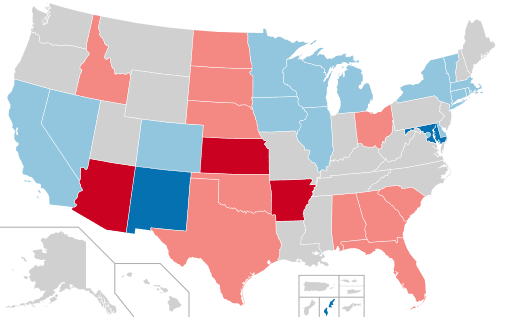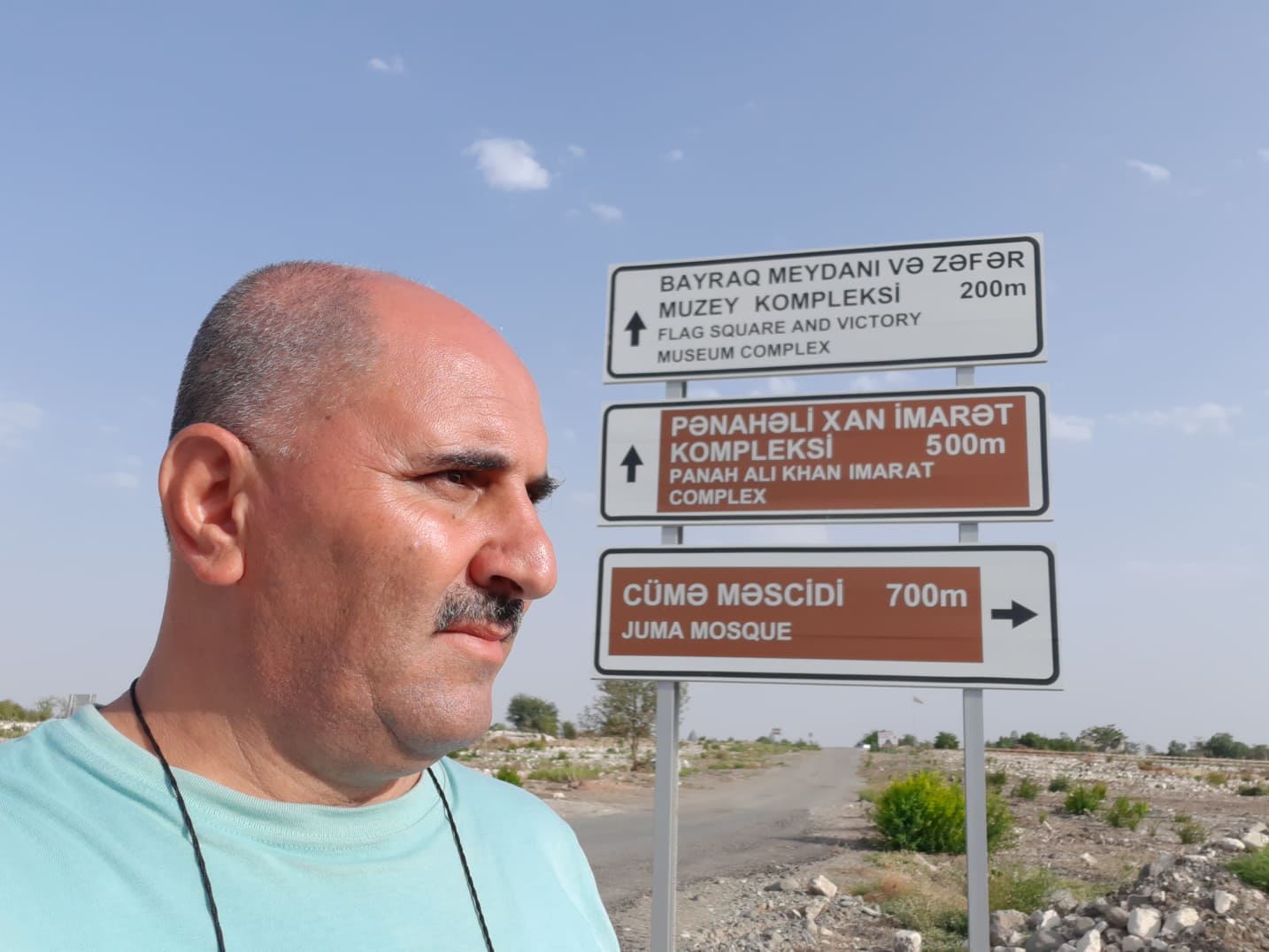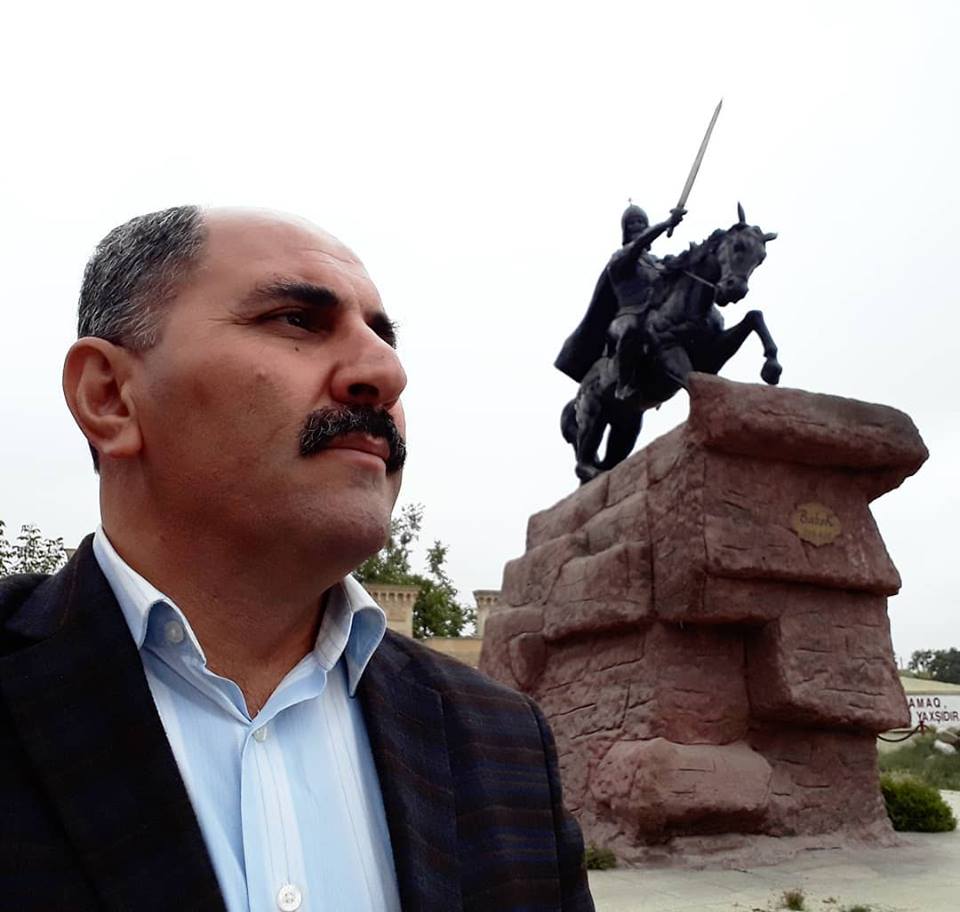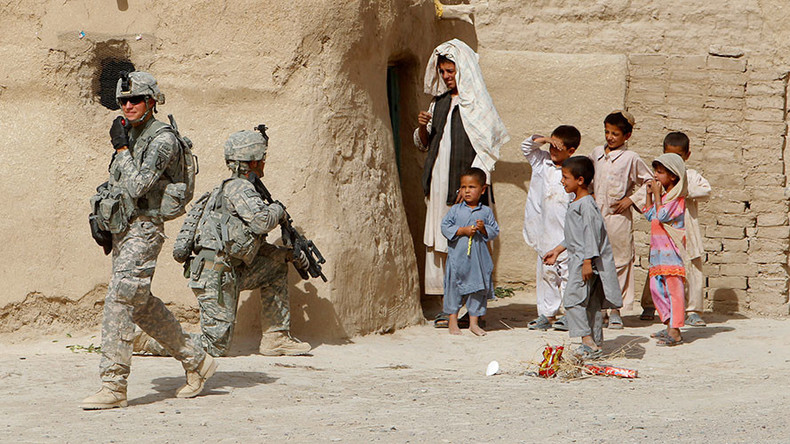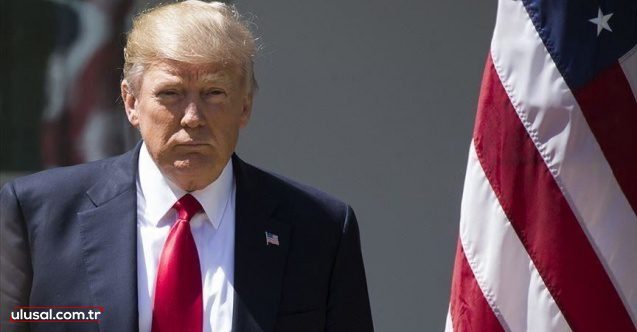Trump to suspend immigration to U.S. for 60 days, citing coronavirus crisis and jobs shortage, but will allow some workers
President Trump on April 21 said he planned to suspend immigration for people seeking permanent residency for the next 60 days amid the coronavirus pandemic. (The Washington Post)
By
Nick Miroff, Maria Sacchetti and Tracy Jan
April 22, 2020 at 12:01 a.m. GMT+3
President Trump said Tuesday he will halt immigration to the United States for 60 days, a freeze that will block green card recipients from moving to the country but will continue to allow temporary workers on nonimmigrant visas to enter. The president provided a rationale for the unprecedented decision that was primarily economic, arguing that he wants Americans to have access to work as millions of people have lost their jobs amid the coronavirus crisis.
“I will be issuing a temporary suspension of immigration into the United States,” Trump said during a White House briefing Tuesday. “By pausing, we’ll help put unemployed Americans first in line for jobs. It would be wrong to be replacing them with new immigrant labor flown in from abroad.”
Senior White House officials and lawyers met Tuesday to sort out the logistics and legal implications of President Trump’s late-night Twitter proclamation that he would stop immigration to the United States, a move that came with little indication of whom the U.S. government would bar from entry amid the coronavirus outbreak. Trump said the executive order was still being written as of Tuesday night.
“It’s being written now,” Trump said, noting that lawyers were still working through the final details. “We’ll most likely sign it tomorrow.”
After 60 days, the need for modification will be evaluated “based on economic conditions” in the country, Trump said, conditions that he would personally assess.
“We want to protect U.S. workers as we move forward,” Trump said. He noted that “some people will be able to get in. There will be some people coming in. But it’s a strong order.”
Sign up for our Coronavirus Updates newsletter to track the outbreak. All stories linked in the newsletter are free to access.
The president also said that seasonal farm laborers would not be affected by the measures and that the suspension “will help to conserve vital medical resources.”
Trump said late Monday that he wanted to protect the country from the threat of foreigners bringing the virus into the country and to stem the economic damage the pandemic has triggered — and he retweeted the same post Tuesday, a sign of his enthusiasm for the plan. Yet senior officials at the Department of Homeland Security and other federal agencies could not respond to basic questions about the scope of the order.
Trump says he will issue order to suspend immigration during coronavirus crisis
Other aides said privately that the president had once more announced a sweeping policy that was not yet ready for implementation, and his administration was trying to piece together an executive order for him to sign that would catch up to his whim.
The president has broad authority to restrict entry into the United States — a point the Supreme Court affirmed in upholding his controversial entry ban in 2018 — and that power is perhaps no greater than during a public health emergency. State Department officials said they are still waiting for guidance from the White House regarding what types of immigrant visas will be suspended.
Immigrant visas are issued for those who have been approved to move permanently to the United States. The majority are family members of U.S. citizens or permanent residents.
Some immigrant visas also are granted to those who have jobs waiting for them, including nurses planning to work at hospitals. A smaller number of special immigrant visas are granted for a variety of foreigners, including religious ministers, and Iraqis and Afghans who worked for the U.S. government.
The United States already has suspended routine visa services overseas, so that very few would-be immigrants are likely to be stopped just before they board planes.
Though the policy move has been presented as a way to protect the United States from imported cases of the coronavirus, the outbreak is well-established across the country and has been for more than a month. The United States has more confirmed coronavirus cases, by far, than any other country, with nearly 800,000 as of Tuesday afternoon. The next highest national total is Spain’s, at 204,000 cases. The United States also has far more confirmed virus-related deaths — nearly 45,000 — than any other nation and about the same number as the next two countries — Spain and Italy — combined.
Intended immigrants from countries such as Britain, Ireland, Mexico, South Korea and Canada deluged their lawyers with panicked emails Tuesday, worrying that Trump’s tweet would upend their jobs, college studies or efforts to bring their loved ones to the United States. Some have paid tens of thousands of dollars in legal fees to secure their legal papers and have waited years for their approvals.
Juan Ramirez, 41, a restaurant cook in Virginia, said he was planning to visit the U.S. Consulate in his native Mexico soon for a final interview and background checks required to obtain a green card. His wife, a U.S. citizen, is sponsoring him. But now the consulates are closed and he is afraid that if he leaves the country, the United States will not let him back in.
He has a college degree in information technology from Mexico and dreamed of building a career, buying a house and starting a family this year.
“I’m scared of this,” Ramirez said. “I don’t know how it’s going to affect me.”
Greg Siskind, a Memphis immigration lawyer, said Trump’s plans could derail efforts to restart the economy by alienating foreign students, who often pay full tuition at colleges and universities, as well as foreign investors. But he said a 60-day pause “is not a lot” in the grand scheme of things for those seeking green cards and represents what some might experience as a normal delay in the process.
Siskind said he suspects that Trump’s Monday-night tweet spooked authorities in states such as Florida that rely on temporary workers for their tourism and farming industries.
“Can you imagine what would happen to the Florida economy if you turned off tourism for an extended period of time?” he said.
Harvard Business School professor William Kerr, whose research focuses on how high-skilled immigrant labor has reshaped the U.S. economy, said closing off the pipeline for foreign talent could create barriers to economic success.
Immigrants represent more than a quarter of U.S. entrepreneurs and a quarter of inventors, Kerr said. “These are contributions that are very valuable to economic growth,” he said. “We are going to need to restore large parts of our economy, and immigrants could be very helpful in that role.”
Kerr said that the argument that unemployed Americans should be ahead of foreign workers for job vacancies might sound good in principle but that in reality, the people looking for work might not match available jobs in terms of location or skills required.
“To think that shutting down all immigration into the country is the right strategy is quite foolish,” Kerr said. “It is not one that is economically sound and certainly is not motivated by containing the crisis itself. It’s more of an effort to cast suspicion and blame toward immigrant groups.”
Polls show that the president is facing a difficult reelection contest and that a growing number of Americans disapprove of his handling of the coronavirus crisis. Trump has defended his record by pointing to restrictions he ordered on travelers from China, and he has a well-known penchant for ordering closures, shutdowns and bans on international forces he regards as threats, though nothing as extreme as a total freeze on U.S. immigration.
There is no precedent for such a move by a U.S. leader, said Andrew Selee, president of the nonpartisan Migration Policy Institute in Washington.
“I can’t think of any parallels to this in any other democratic country in the modern era,” he said. “We’re essentially telling citizens, companies, innovators, educational institutions to put their plans on hold. Can a president do that? I guess they’re finding whether they have legal authority.”
A draft of the executive order was under review Tuesday at the Justice Department’s Office of Legal Counsel, because that office reviews all executive orders, a Justice Department spokeswoman said. It was unclear whether the office’s legal opinion on the matter would be released publicly.
Trump made his announcement in a tweet at 10:06 p.m. Monday, saying the move to suspend immigration would shore up American employment and shield the country from the pandemic, calling coronavirus “the Invisible Enemy.”
Selee, of the Migration Policy Institute, said governments have good reasons for reducing immigration during times of economic crisis and high unemployment, or easing restrictions during boom times to extend periods of growth.
“Governments typically try to find nuanced solutions to limit or expand immigration,” he said. “What you don’t see is governments doing blanket stops.”
Much of the U.S. immigration system is driven by domestic demand, experts note: U.S. citizens and residents marry foreigners, or they seek to bring parents, children and other relatives into the country. Companies hire employees to staff hard-to-fill and high-skill jobs. Universities bring in students, professors and athletes.
All of those migration categories would be affected by the type of sweeping order the president has teased.
On Tuesday, the president’s reelection campaign sent out a snap poll to supporters asking whether they approved of his executive order, even suggesting that Trump would be influenced by their degree of support as the policy was being crafted. “Your input is crucial to the President’s next steps,” the message read.
Trump has remained focused on immigration, the border with Mexico and his push to build a border wall there, inserting, unprompted, updates on construction into the daily coronavirus task force briefings.
On Monday, as the head of the U.S. Army Corps of Engineers, Lt. Gen. Todd Semonite, finished briefing reporters on efforts to build temporary hospital facilities, Trump urged the military commander to tell reporters about his border wall project. When the general finished, reporters resumed asking questions about the pandemic.
The Trump administration is preparing in coming days to debut a “border wall cam,” an initiative of Jared Kushner’s, that will stream images of construction crews building the structure, according to two administration officials involved in the project.
The camera feed will be carried on the website of U.S. Customs and Border Protection, the officials said, and could include footage from multiple locations. One official involved in the planning said the feed will have a time delay to avoid tipping off smuggling organizations to the whereabouts of U.S. Border Patrol agents or their absence.
Josh Dawsey, Arelis R. Hernández, Carol Morello and Matt Zapotosky contributed to this report.
